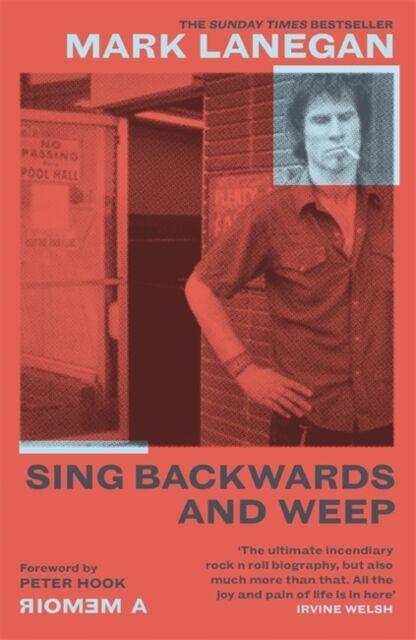What do you think?
Rate this book


335 pages, Paperback
First published April 28, 2020
I loved them [Suicide] and that album in particular always got me jacked up. There were many days I would take my first shot of heroin with Alan Vega's creepily affected voice saying, "Yeah, this is the cops, yeah, she's wild in blue" over a propulsive industrial electronic beat...I've never done heroin, but it was done in that house by others, and I guess I've always known deep down that songs like "Frankie Teardrop", "Harlem" and "Mr. Ray" composed an ideal soundtrack for shooting up.